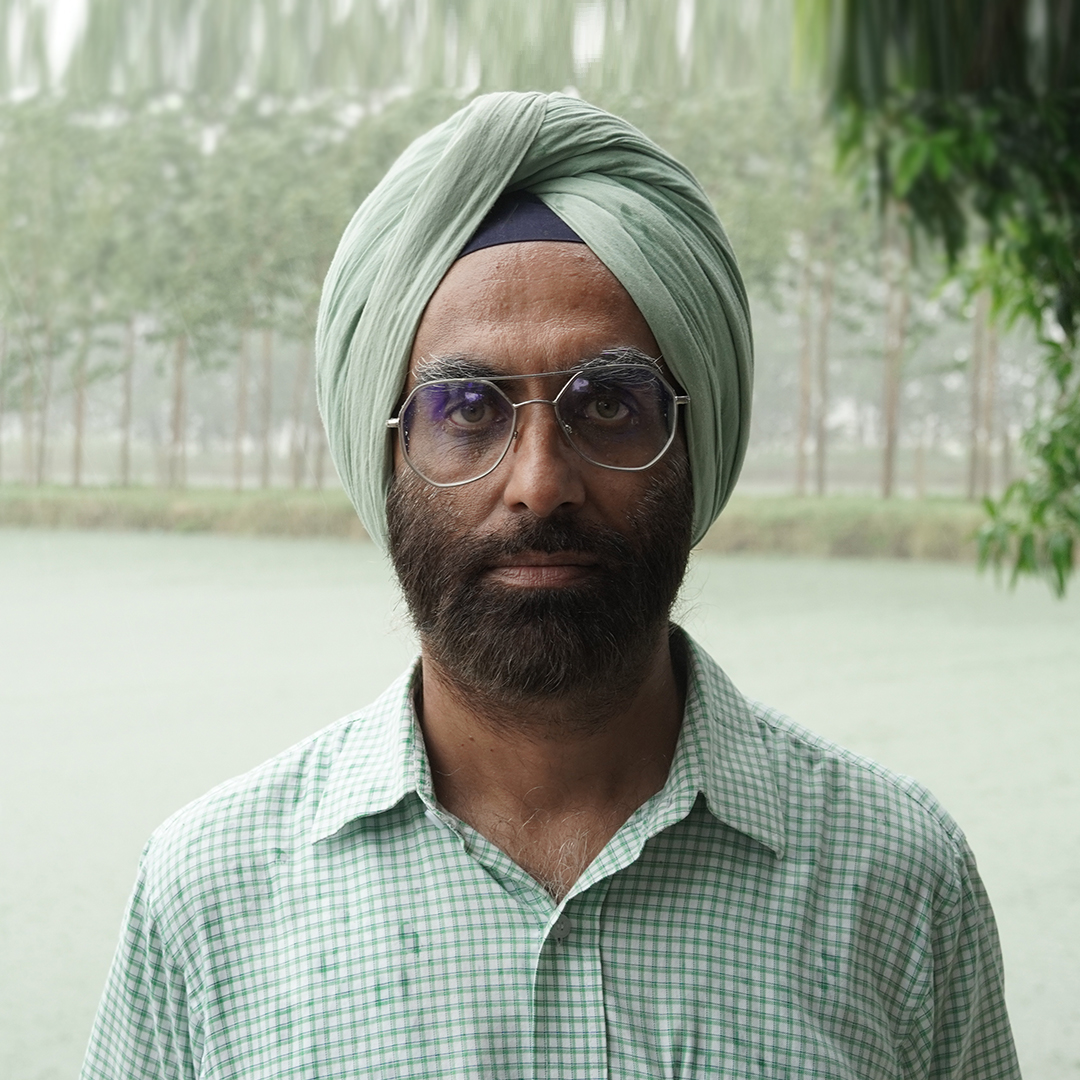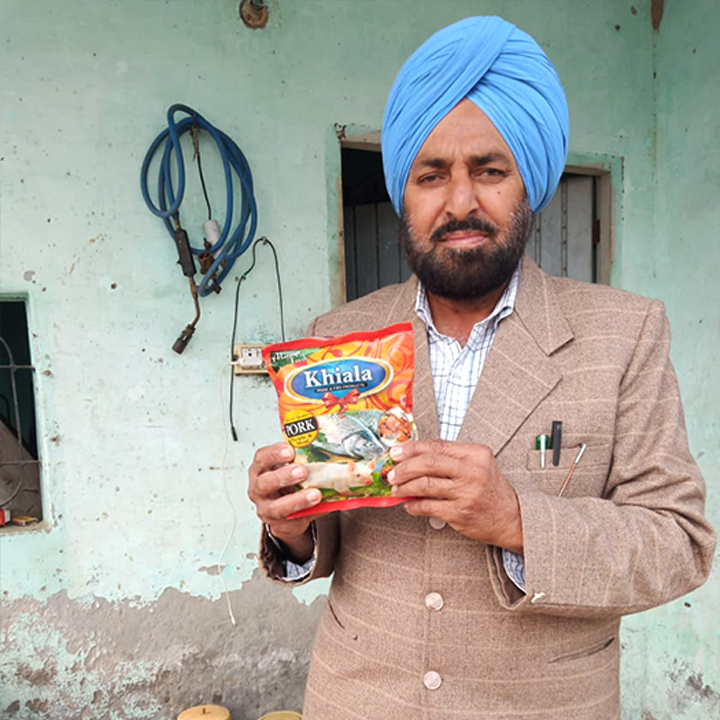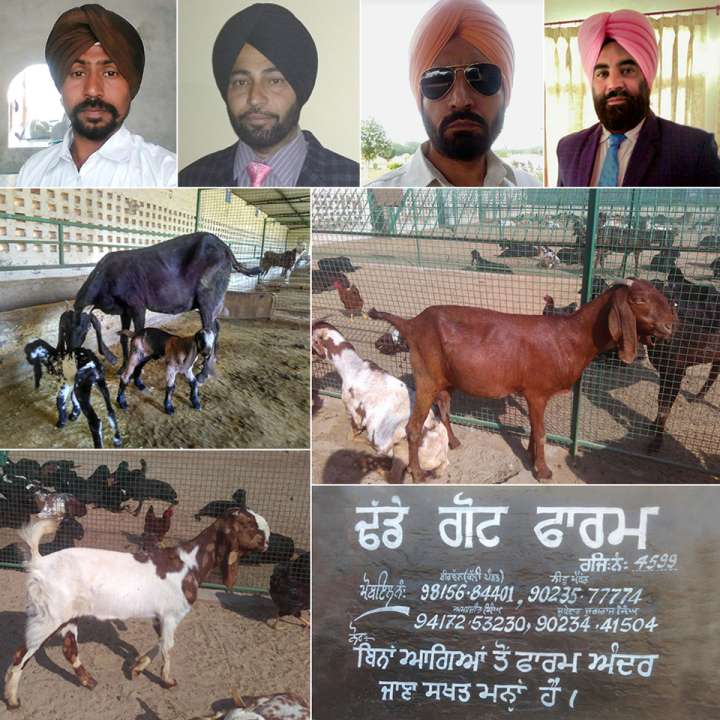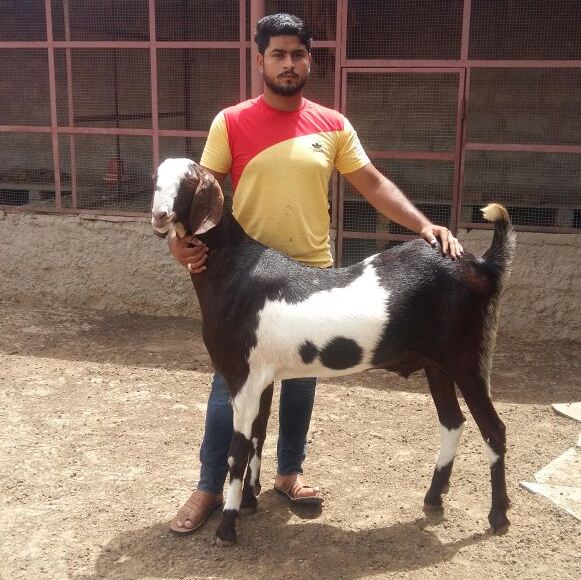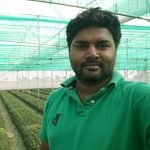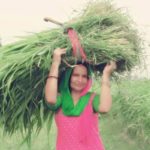Unlocking Agricultural Potential: The Journey of a Visionary Farmer Towards Integrated Farming Success
Embracing Change: The saga of Amarpreet Singh’s agricultural journey began when he decided to trade his corporate suit for the farmer’s plow. In 2010, Amarpreet left behind his role as an Assistant Manager at HDFC bank to pursue his calling in farming. His father’s fishery business laid the groundwork, but Amarpreet’s vision extended beyond traditional boundaries. Armed with an MBA degree, he fused modern business acumen with ancestral wisdom to craft a thriving and sustainable plan.
The Rise of Fishery: Fish farming, often fraught with market unpredictability, became a canvas for Amarpreet’s ingenuity, which he practiced in 21 acre of farm. Recognizing the need for strategic marketing, he ventured into collaborations with local vendors. By forging partnerships with chicken vendors, he ensured a steady market for his fish. Technical expertise gained from the Fisheries Department, Ropar, was pivotal in mastering the nuances of fish farming. Five distinct breeds (Golden or Common Carp Fish, Rohu Fish, Grass Carp Fish, Catla Fish, and Mrigal FIsh), recommended by the Punjab Government, took root in his farm, enabling a consistent and quality fish yield.
Managing a fishery isn’t without its challenges. Amarpreet’s insight unveils the delicate dance of nurturing fish to optimal size for market demand. Subsidies from the Punjab Government ease the financial burden, making fishery a viable venture. Wise netting practices, combined with innovative tactics such as underground pipelines, optimize water usage and harvest yields. His farm now resonates with the symphony of diverse activities that contribute to a harmonious ecosystem.
Pig Farming: Amarpreet Singh specializes in breeding large white Yorkshire pigs, a choice driven by their rapid growth rate and substantial litter size. On average, a female pig produces ten offspring. Presently, his farm is home to 63 pigs, with an average weight ranging from 60 to 65 kg. In terms of feeding, there are three primary methods: utilizing commercial feed, preparing homemade feed, or relying on waste products. Amarpreet Singh Ji favors commercial feed due to its superior formulation and mechanized production processes. Notably, the use of commercial feed enhances litter size; on this regimen, he records an average of 10 offspring per cycle, which occurs at least twice.
Sales transactions take place on the farm, facilitated by vendors who assess the pigs’ weight before making purchases. The average pig’s weight falls within the range of 80 to 85 kg. Typically, this sales approach involves immediate cash payment to the farmer.
In some instances, pig farming encounters challenges such as the disruption of pig sales caused by African Swine Fever. This viral disease can lead to a temporary suspension of sales for approximately a month, after which regular business operations resume as usual.
Goat Farming: Amarpreet Singh’s agricultural journey continues to evolve, as he ventures into goat farming with the Beetal breed, a recommendation by the Punjab Government. Despite his relatively short six months of experience, he has already witnessed growth in this sector. This growth is particularly evident due to the significant number of pregnant goats under his care, contributing to a growing inventory of approximately 20 goats in total.
In the midst of successfully integrating various farming aspects, Amarpreet Singh envisions further expansion by incorporating duck farming into his repertoire. Recognizing the potential benefits for his fisheries business, he believes that introducing ducks could enhance his overall farming dynamics.
Amarpreet’s dedication and accomplishments have garnered recognition, including the Chief Minister’s Award in 2019 for his achievements in piggery and integrated farming. Presented by the Punjab Government, this award was bestowed by the former Chief Minister, Capt Amarinder Singh, during a ceremony held at the PAU University in Ludhiana. Over the years, Amarpreet Ji has also earned multiple certifications, showcasing his commitment to honing his expertise.
Throughout his journey, Amarpreet attributes a substantial portion of his success to his supportive family. He acknowledges their instrumental role, particularly during his transition from a private job to becoming a full-time farmer. His wife, who is also well-versed in fish farming, provides valuable insights and guidance that have propelled his agricultural pursuits forward.
Thriving in Diversity: In addition to fishery, pig farming, and goat farming, Amarpreet’s farm boasts poultry and crops such as pulses, mustard, and turmeric. His prudent land use practices exemplify his commitment to maximizing returns. Poplar trees stand as a testament to his holistic approach, nurturing nature as much as his profits.
A Glimpse into the Future: As his journey continues, Amarpreet envisions integrating duck farming, yet another promising venture that complements his existing operations. Awards and certifications acknowledge his dedication, culminating in the Chief Minister’s Award for his contributions to piggery and integrated farming.
Family, Learning, and Advice: Amarpreet credits his family’s unwavering support for his success, particularly during his transition from the corporate world to farming. He encourages educated individuals to embrace integrated farming, highlighting its role in bridging the gap between mankind and nature. A testament to resilience, he urges fellow farmers to diversify their income streams and embrace integrated farming as a route to sustainable growth.
Conclusion: The story of Amarpreet Singh’s transformation from a corporate professional to an integrated farming pioneer is a testament to the untapped potential of modern agriculture. Through innovative techniques, thoughtful collaborations, and a deep commitment to environmental harmony, he has not only maximized his land’s yield but also set an example for a new generation of farmers. His journey showcases how harnessing the power of integration can pave the way to prosperity while treading lightly on the Earth.


